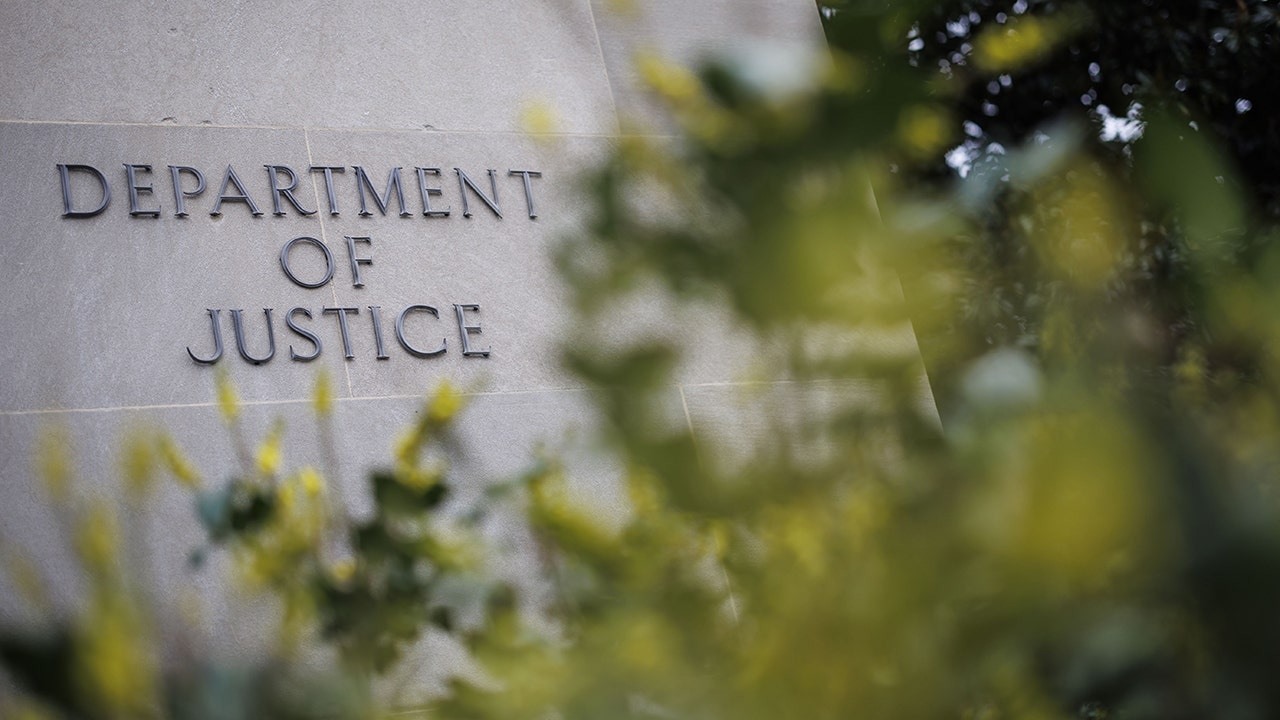Department of Justice freezes all civil rights division cases: report

The U.S. Department of Justice (DOJ) has issued a memo to its civil rights division, directing a freeze on all ongoing litigation stemming from the Biden administration and stopping the pursuit of new cases or settlements. This directive, reported by The Washington Post, was sent to Kathleen Wolfe, the interim head of the division appointed by the Trump administration.
The memo instructs attorneys to refrain from filing any new complaints, motions to intervene, agree-upon remands, amicus briefs, or statements of interest. It does not specify how long the freeze will be in place, effectively halting the division until President Donald Trump’s nominee to lead the department, Harmeet Dhillon, is confirmed by the Senate.
According to reports, the freeze is in line with the DOJ’s objective of ensuring a unified stance on legal matters and giving the President’s appointees or designees the opportunity to decide on initiating new cases. The department aims to speak with one voice on the law and ensure consistency in its legal positions.
A source familiar with the memo confirmed its contents to Fox News, while the DOJ declined to comment on the matter. Wolfe received another memo instructing the division to notify the DOJ’s chief of staff about any consent decrees finalized in the past 90 days.
In a recent development, a Kentucky judge declined to immediately approve a police reform consent decree between the DOJ and the city of Louisville. The consent decree was related to the police-involved shooting of Breonna Taylor in 2020. The judge, Benjamin Beaton, rejected the decree, describing it as an attempt by the Biden administration to constrain the incoming Trump administration.
Breonna Taylor was fatally shot by Louisville officers during a botched drug warrant operation, leading to widespread protests and calls for police reform. The consent decree highlighted alleged racial bias in Louisville policing, including discrimination in traffic stops, sexual assault investigations, and use of force.
Apart from the Louisville case, there are two other police reform consent decrees in progress in Maryland and Minnesota. The DOJ recently reached an agreement with Minneapolis to address alleged unconstitutional practices within the police department. Additionally, the DOJ filed a lawsuit against the Maryland Department of State Police for Civil Rights Act violations.
These developments highlight the ongoing efforts to address systemic issues within law enforcement agencies and ensure accountability for civil rights violations. The DOJ’s decision to freeze ongoing litigation underscores the importance of a coordinated approach to legal matters and the need for consistency in the administration’s legal positions.




